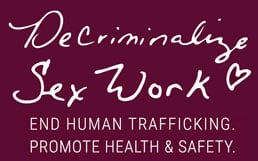You need to add a widget, row, or prebuilt layout before you’ll see anything here. 🙂
The Gilgo Beach Suspect May Have Hunted Them. Now They’re Key Witnesses. | The New York Times
You need to add a widget, row, or prebuilt layout before you’ll see anything here. 🙂
NYPD: 17 men arrested, charged for trying to purchase sex | news12 Brooklyn
You need to add a widget, row, or prebuilt layout before you’ll see anything here. 🙂
Why some advocates are pushing back against decriminalization in the sex trade | WBUR
Scott Sloan Debates DSW’s Ariela Moscowitz | 700 WLW Cincinnati
‘The police see us as disposable’: what life’s really like in New York’s maligned ‘red light district’ | The Guardian
You need to add a widget, row, or prebuilt layout before you’ll see anything here. 🙂
Gilgo Beach killer hunt slowed by infighting between prosecutors, police | The Washington Post
You need to add a widget, row, or prebuilt layout before you’ll see anything here. 🙂
Protecting sex workers: Why are they vulnerable to violence? | NewsNation
You need to add a widget, row, or prebuilt layout before you’ll see anything here. 🙂
Opinion: Sex-worker immunity would have helped Gilgo Beach probe | Newsday
There has been a lot of talk about prostitution in Metro Detroit lately — Is it time to legalize it? | wwj newsradio 950
You need to add a widget, row, or prebuilt layout before you’ll see anything here. 🙂

